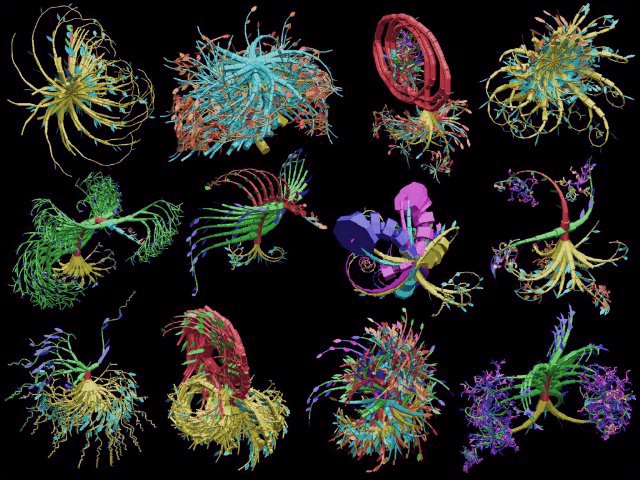
'Se joka ajattelee syvällisesti, tietää, että hän on aina väärässä, riippumatta siitä, miten hän menettelee tai miten hän asioita arvostaa.' (Nietzsche)

jumalalla ei ole mit''n parempaa esitt'' kuin uskonnot?uh?[I]t is kind of ironic to see Žižek shaking his fist, calling for someone to take Jesus seriously, accusing of Milbank of liberalising the gospel.
'Mitä Kantiin tulee, niin agnostismi ei ota tulta näillä herroilla (Zizek-Milbank). Ei sen puoleen minullakaan.
Luonto on terve. Siinä ei ole mitään kieroa. Puhun vihreästä metsästä ja vedestä
A very interesting, if complex, debate at the ICA last night between Slavoj Zizek – atheist, Marxist – and John Milbank – ‘radical orthodox’ theologian. Both are clearly fearsome intellects, though doubtless Zizek has the better jokes.
Ajatukset ..ovat ennusteita. Siksi on hyvä niitä tarkkailla ja muuttaa
Zizek sees Job as ‘the first modern critique of ideology.’ In his terrible suffering, his friends gather round him and attempt to defend various ideals. Job, on the other hand, refuses to do this and simply defends the meaninglessness of suffering. Although he didn’t touch on this last night, in The Monstrosity of Christ Zizek writes about how he sees the Job story not as one in which Job is being put to the test. Rather, it is about God being put to the test, and God failing dramatically. What he did touch on, which I don’t think he did in the book, was the passage at the end of Job where God raises his voice and asks ‘Where were you when…‘ – reeling off a whole list of amazing things in nature. Zizek’s interpretation of this is that God is saying, ‘you think you’ve got it tough? Look at all the crap I’ve got to deal with! This universe is impossible to keep going properly! I’m stressed out here!’
‘What dies on the cross is precisely a God who we can directly trust, and the very idea of benevolence. The basic message of Christianity is thus not that we trust in God, but that God comes to trust us.’ yes
Indeed, they were equal in their irritation that so much of philosophy has simply rejected theology as a serious pursuit. I’d agree with this. It’s time for people to stop being so shy of faith – whether arguing about it from a position of agreement or disagreement.
(For decades the faithful and the faithless operated in the United States under a gentlemen's agreement to leave one another alone. Yes, we had our Bryans and our Menckens during the Scopes trial in the 1920s, but after that, belief and disbelief retreated to their respective corners. Then came the religious right and church buses for Reagan, to which Harris and Hitchens and Dawkins and Dennett rightly cried foul. If God is going to be used to prop up Republican policies, it is perfectly legitimate for people with different politics to try to cut the Republican God down to size. And so we find ourselves in the sort of scuffle between believers and unbelievers that hasn't been seen since evolution and the Bible went toe to toe in Dayton, Tenn.








Ei kommentteja:
Lähetä kommentti